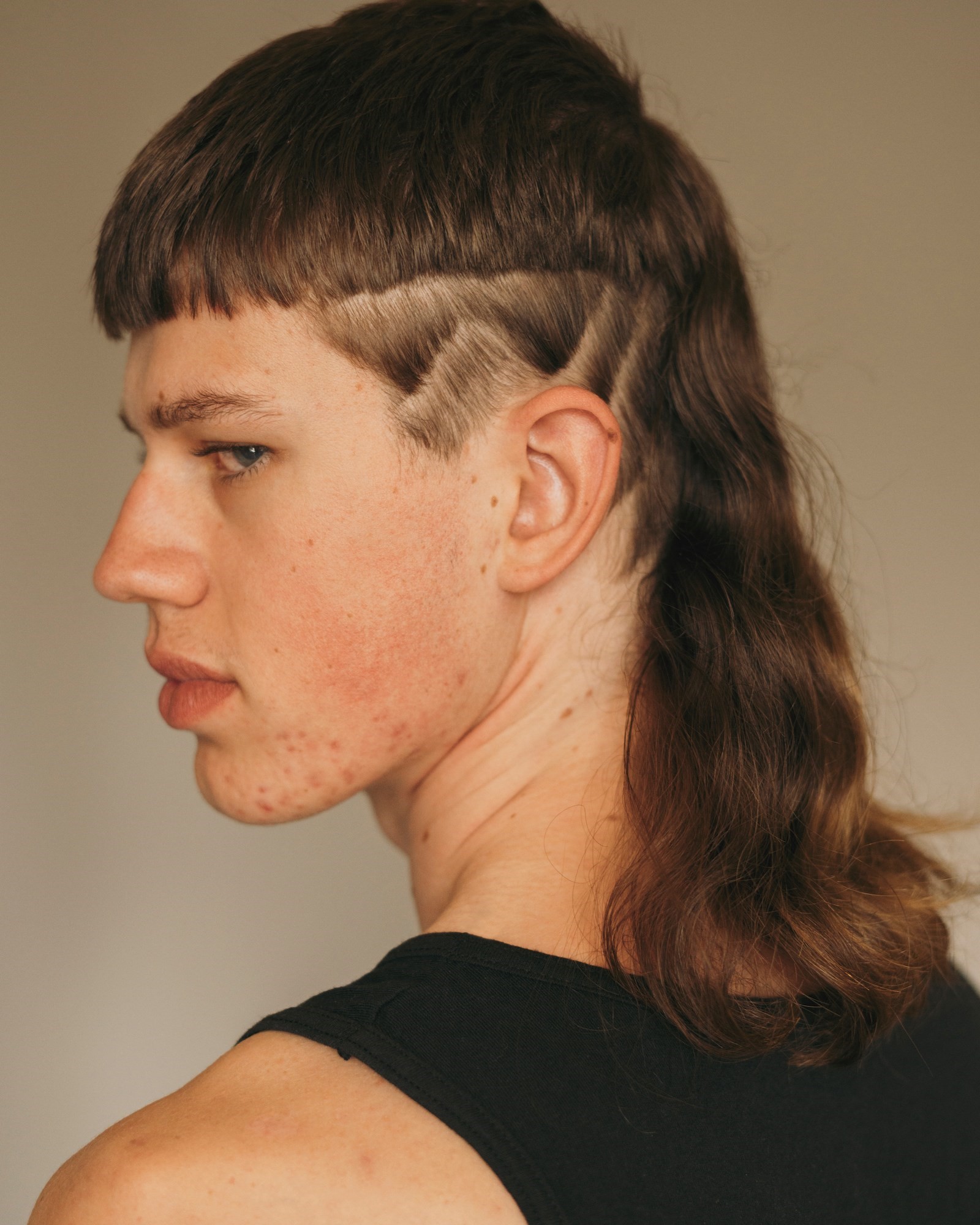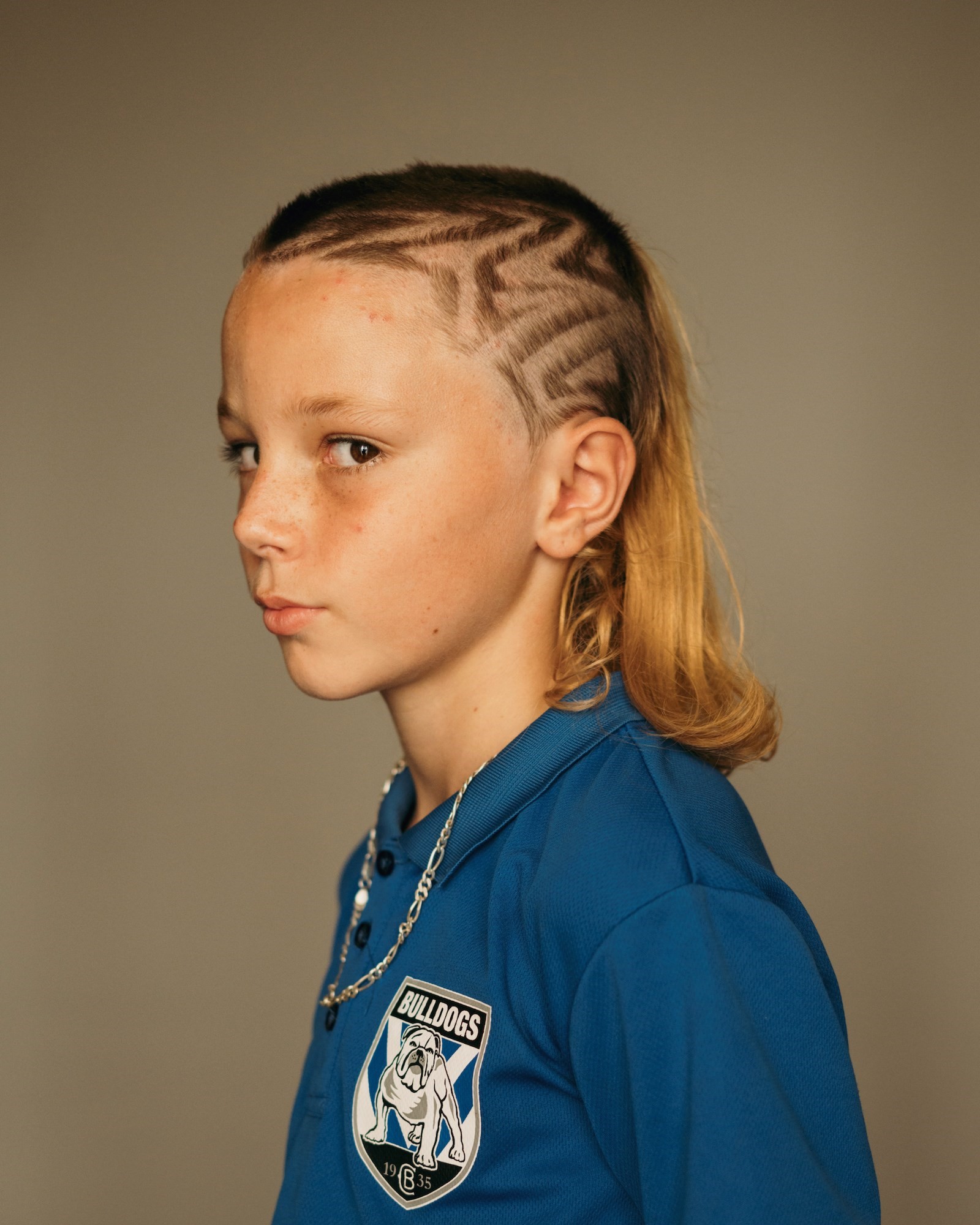We’ve got our minds on our mullets and our mullets on our minds at the moment. With Tiger King’s Joe Exotic’s peroxide mullet capturing the imagination of the Netflix public and celebs like Miley Cyrus, Barbie Ferreira and Christine and the Queens recently embracing slightly subtler 70s shag versions, the polarising haircut has truly cemented its comeback. And the timing couldn’t be better. With the world around us looking a little bleak at the moment, now’s the time to find joy where we can and express our creativity with truly bonkers hairstyles.
Which is why when we heard about Mulletfest we knew we had to be a part of it.
Taking place in the small town of Kurri Kurri in Australia, Mulletfest is an annual competition that celebrates and honours the best mullets in the land. This year, people of all ages from all over the world gathered on the Leap Day with the hopes of having their mullet recognised in categories ranging from 'Grubby' to 'Extreme.' Capturing some of the faces of the competition was photographer Craig Gibson who stumbled across the event online and was instantly fascinated. “I was grasped by everyone’s physical appearance and I thought I’d like to photograph them in a different way to what I’d seen,” he says.

In a series of intimate portraits titled Kentucky Waterfalls, Gibson captures the personality and style of the men behind a hairstyle whose reputation usually precedes it. “I just wanted to portray them as people and shoot them how I’d shoot anyone,” Gibson says. “They’re essentially brought together by what is typically identified as a polarising haircut. I didn’t ask them to act up or portray a certain stereotype which some photographers encouraged.”
While the mullet has long held an infamous place in our imaginations, the butt of the joke, the weird cousin of the hair world, for many of the men taking part, Gibson discovered, the hairstyle is an important part of their identity and a genuine expression of self. “For a lot of people, they felt it was truly Australian. A few guys I spoke to said they’d always wanted one and the festival gave them the confidence to do it,” he says. “I liked the teenagers who had them because their big brother or dad had one so they grew one in too. Just seemed like some Australian right of passage.”











